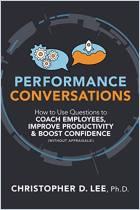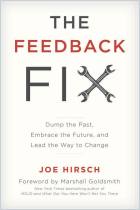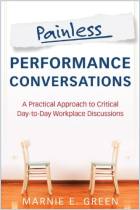Offering feedback empowers teams to reach their goals, and helps create a culture of transparency and honest communication. Yet, organizational development expert Anna Carroll notes, people often feel uncomfortable giving direct feedback to others. Learn why the traditional annual performance review isn’t a substitute for daily feedback and how to make feedback an integral part of your corporate culture.
Feedback is a necessity in the workplace, yet managers often avoid it.
Feedback is information moving in a loop: A person or computer gathers information about past actions, then uses this data to recommend adjustments to future behavior and thus to improve results or output. It’s a powerful tool, which managers ought to use with greater frequency to help employees understand how well they perform and where they might develop. The millennial workforce is growing, and these workers want fast, regular feedback about how they’re doing. Millennial workers aren’t content with performance reviews; they expect ongoing coaching and transparency in their workplaces.
Honest feedback helps organizations achieve their goals, yet many people avoid giving workplace feedback. Managers may feel they don’t have enough time to provide feedback or that they’re lacking appropriate training. Some may believe that giving performance reviews once a year suffices or that self-directed employees don’t need feedback as long as they’re performing well. They might worry about hurting their employee’s feelings or even fear potential lawsuits. However...
Anna Carroll is an organizational development consultant, coach, facilitator and speaker. Her business, Interaction Design, facilitates group training, planning and learning.






















Comment on this summary